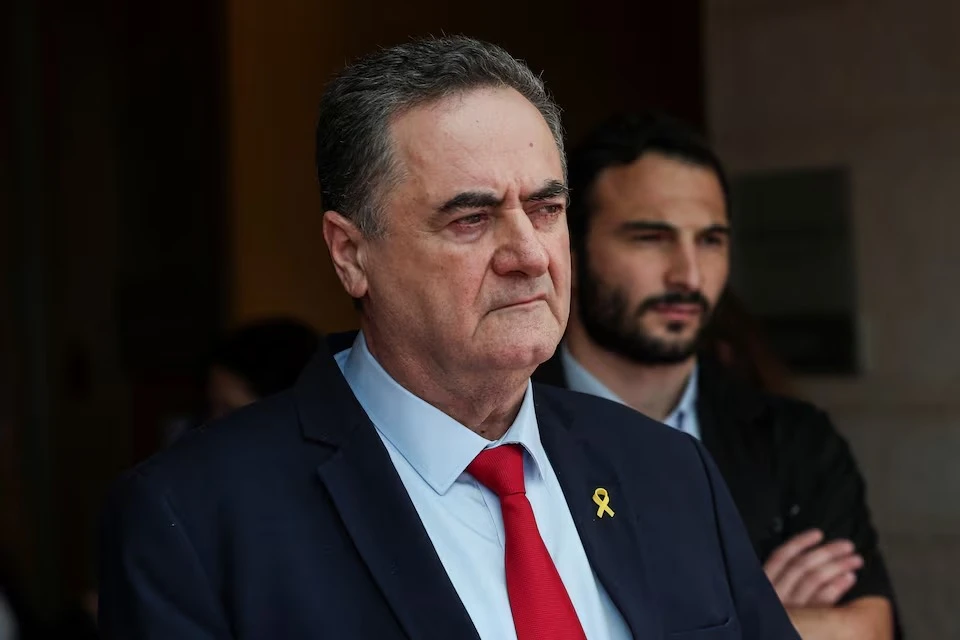Washington: President Donald Trump announced Tuesday that the United States will pause its military operations against Yemen’s Iran-aligned Houthi movement, citing the group’s expressed desire to end hostilities. Speaking from the Oval Office alongside Canadian Prime Minister Mark Carney, Trump stated that the Houthis had indicated they no longer wished to continue fighting.
“They say they will stop attacking ships, and we will respect that,” Trump said, referring to the U.S.-led bombing campaign launched in March in response to Houthi attacks on commercial vessels in the Red Sea and strikes on Israel.
A U.S. defense official confirmed that the military received instructions late Monday to suspend airstrikes targeting Houthi positions. The ceasefire follows extensive back-channel diplomacy involving Oman, which played a mediating role. Omani Foreign Minister Badr Albusaidi later confirmed that Muscat had facilitated a truce agreement between Washington and the Houthi leadership in Sana’a.
Trump described the development as a strategic step toward broader talks with Iran, particularly concerning its nuclear program. His interim national security adviser, Marco Rubio, echoed that sentiment, framing the U.S. operation as a mission to ensure freedom of navigation in international waters.
“The goal was to neutralize a serious threat to global shipping,” Rubio said. “That mission has been accomplished—for now.”
Despite the U.S. move, Israel continued its air campaign in Yemen. On Sunday, a Houthi ballistic missile struck near Israel’s main international airport in Tel Aviv, prompting strong retaliation. Israeli Prime Minister Benjamin Netanyahu pledged further military responses, stating that Israel’s strikes “will not be limited to a single round.”
In contrast to the U.S. decision, the Houthis declared their resistance against Israel would persist as long as the war in Gaza continues. Senior Houthi leader Mohammed Ali al-Houthi hailed Trump’s announcement as a victory but stressed that its sincerity would be judged by actions on the ground.
“It’s a political defeat for Netanyahu and a win for Gaza,” he said.
Sources close to the matter said the recent breakthrough was partly driven by escalating military challenges for the U.S., including the loss of several high-value drones and the limited effectiveness of strikes in degrading Houthi capabilities. The ceasefire could open a pathway to resumed nuclear talks with Iran, with U.S. envoy Steve Witkoff spearheading those negotiations alongside the Omanis.
Meanwhile, confusion and frustration surfaced in Israel, which was reportedly not informed ahead of Trump’s announcement. The timing clashed with an intensification of Israeli airstrikes on critical infrastructure in Yemen, including Hodeidah port and Sana’a airport.
Despite the U.S. withdrawal from hostilities, Houthi leaders insist their support for Palestinians in Gaza will continue unabated. “We will not stop,” said Mahdi al-Mashat, a top political figure in the Houthi movement. “Our operations have impact, and we are committed to the Palestinian cause.”








